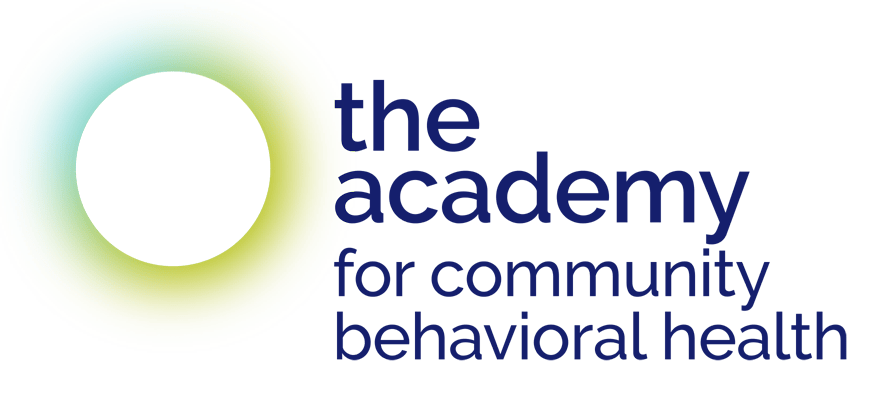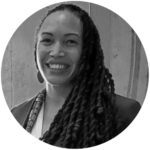Course Type
Single-Session
All Scheduled Dates
Course Length
2 hours
QUESTIONS?
Email [email protected]
ATTENDANCE POLICY
Learners who complete this 2 hour course will receive a certificate of completion from the Academy.
Transforming the Trauma Discourse: Reimagining Healing
COURSE DESCRIPTION
The dominant trauma discourse often focuses on individual experiences of harm. Approaches to recovery may at times narrow to cognitive and behavioral change. In this dialogue, we’ll explore mass group-level healing and historical trauma, alongside posttraumatic growth, to expand possibilities for trauma recovery. We’ll also consider the impacts of factors not often discussed within the nuances of trauma recovery, such as colorism and action-oriented recovery.
You are invited to join this community conversation about possibilities for healing. The session will begin with a panel discussion organized by Dr. Anna Ortega-Williams. You will hear a diverse group of scholars from across the U.S. address key questions around trauma and healing. Following the panel, you are invited to join a small group with a scholar whose work you want to engage more with.
Speakers include:
- Anna Ortega-Williams, PhD, LMSW, is a social worker, public scholar, researcher, educator, and organizer inspired by the healing alchemy of social action among Black youth. Dr. Ortega-Williams is the Bachelor of Social Work Program Director, and an assistant professor, at the Silberman School of Social Work at Hunter College. She is also the inaugural Innovation Resident at the Academy for Community Behavioral Health. Her research focuses on historical trauma, posttraumatic growth, organizing, and well-being.
- Ramona Beltrán, PhD, MSW, is an Associate Professor at the University of Denver Graduate School of Social Work and an award-winning public intellectual with global initiatives in historical trauma and healing and storytelling methodologies that have been cited by researchers and practitioners alike. Dr. Beltrán is a fiercely loving mother of three and is a multiracial Chicana of Indigenous Mexican descent. She acknowledges that all the earth has an Indigenous name, and a community meant to steward it.
- Zuleka Henderson, PhD, LMSW, is the Founding Director of The Center for Black WellBEing (CBW), an organization reimagining mental health service delivery with Black people. She was previously a lecturer at the Columbia University School of Social Work and assistant professor at Bowie State University, where her research and scholarship focused on the intersections of ancestral healing practices, historical trauma, and pathways to wellness. Dr. Henderson works with individuals, communities, and organizations to create and sustain the conditions that support wellness for all Black people.
- Tricia Stephens, PhD, LCSW, is an educator, researcher, advocate and Sistah Doc whose work is grounded in her firm belief in the possibility of healing from trauma. An Associate Professor at the Silberman School of Social Work, Dr. Stephens has lived and practiced in New York City for over two decades, working directly with people of the African Diaspora to heal the wounds of historical trauma and celebrate the wins of our beautiful lives.
- Lisa Colón, PhD, (They/Them) is an Assistant Professor at Washington State University. Their research interest at the broadest level is in interrupting cycles of trauma using cultural connection and cultural practices.
- Aundraea Brown, Doctoral Candidate, LMSW, is a licensed social worker based in Dallas, Texas. As the Clinical Director of Counseling and Prevention Services at Uplift Education, she leads a team of 55 school-based mental health professionals who provide services to over 23,000 students across 45 schools. As a Ph.D. student and Adjunct Instructor at the University of Texas at Arlington, she contributes to research on mental health and disparities affecting BIPOC communities.
- J. Camille Hall, PhD, LCSW, is a tenured Professor at the University of Missouri, Kansas City and licensed clinical social worker with 25+ years of social work practice and supervisory experience. Dr. Hall’s research focuses on African American’s risk and resilience and multicultural education.
COURSE OBJECTIVES
- Define historical trauma and posttraumatic growth
- Engage in a nuanced discussion about trauma recovery, including factors like colorism and action-oriented recovery
- Explore diverse perspectives and research on intergenerational healing and well-being
WHAT TO EXPECT
In the first part of this session, you will hear from panel speakers and be invited to think about your own contributions to healing work. Following the panel, you will select a small group to join for deeper discussion. Each small group will be led by one or two panelists. You will be invited to share your questions and thoughts, and will hear more from the panelist(s) about their work. We encourage you to join the small groups on-camera, where possible.
ELIGIBILITY
This course is open to staff of any non-profit organization or government agency that delivers social services in NYC.
INSTRUCTORS

